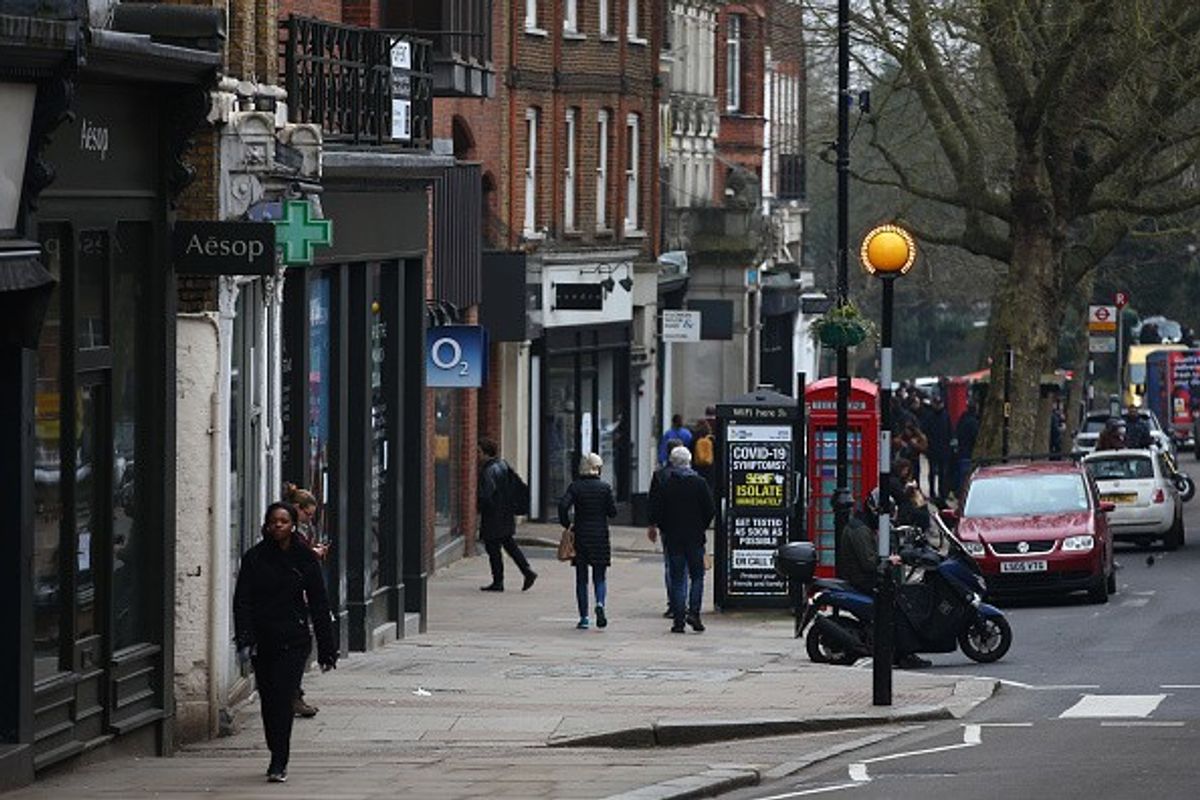Over 50 per cent of independent retailers have considered closing their business as they are faced by multiple challenges while most of them feel the government is not doing enough, shows a recent survey.
According to a new nationwide survey released by Spring & Autumn Fair, in partnership with SaveTheHighStreet.org, the biggest challenges retailers say that they face include reduced customer spending and footfall (63.4 per cenr), competition from online giants (57.4 per cent), and rising wage and employment costs (39 per cent).
Other major concerns include rising rent and property costs (21.1 per cent), high business rates (14.7 per cent), and a lack of sufficient funding for high street regeneration (22.7 per cent).
Reflecting a growing sense of frustration, 84 per cent of independent retailers said they lack confidence that the government is doing enough to support them.
Most are small operations, 89.4 per cent run a single store and 86.3 per cent employ fewer than five people, highlighting just how vulnerable they are.
Despite their resilience, with 62.8 per cent trading for more than three years and 36.7 per cent for over a decade, many now find themselves at a crossroads.
What retailers say they need
When asked what would make the biggest difference to their business, independent retailers sent a clear and coordinated message, targeted support and practical action are urgently needed.
The most common request to government was increased grants or funding for small businesses (39 per cent), followed by a freeze or reduction in business rates (26.7 per cent).
Retailers also highlighted local improvements that would have a tangible impact on day-to-day trade, including better high street infrastructure (49.4 per cent), more community-focused events to drive footfall (49.8 per cent), affordable parking (46.6 per cent), and stronger marketing support (76.9 per cent).
Role of independents in British life
The findings highlight the vital role independent retailers play in their communities beyond commerce.
64.1 per cent described their shop as the “social heart” of the area, while 57.4 per cent offer services that national chains often can’t, including personalised advice, special orders, and local expertise. Many also support vulnerable residents, preserve the unique character of their high streets, and provide the foundation for future regeneration.
“This data shows how much independent retailers are struggling – but also how much they matter,” said Soraya Gadelrab, Event Director at Spring & Autumn Fair.
“The high street is more than a place to shop. It’s a space for connection, culture, and community. If we want thriving towns, we must start by backing the businesses that hold them together.”
Alex Schlagman, Founding Partner of SaveTheHighStreet.org, added: “These findings reveal just how critical it is to remove the barriers holding small retailers back. Through smarter support, local partnerships, and focused innovation, we can level the playing field and ensure independent businesses thrive in a changing world.”
Spring & Autumn Fair and SaveTheHighStreet.org are urging policymakers to listen to what retailers are telling them and take immediate, practical steps to ease the burden on small businesses.
That means urgent action on business rates, targeted funding, and investment in infrastructure that helps footfall grow again. Without meaningful support, the cost of inaction will be measured not just in closed shops, but in lost communities.


